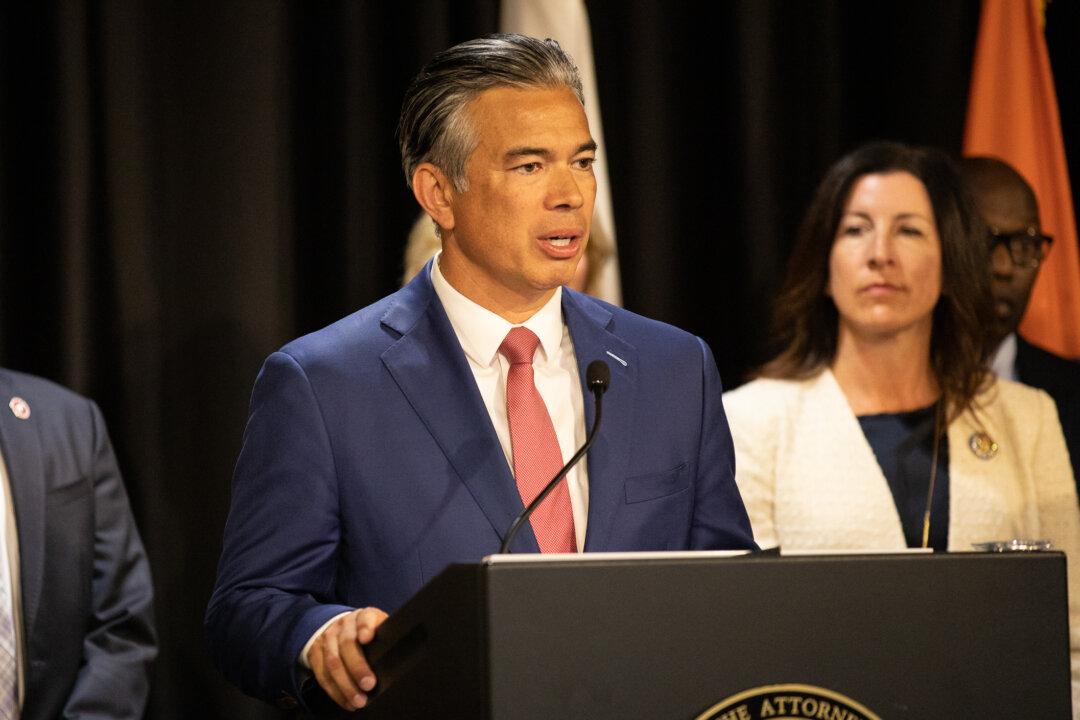A Northern California city will ask voters in November to approve plans to redevelop downtown parking lots into affordable housing despite local opposition.
California’s push for housing, during what continues to be dubbed a housing crisis, goes against some of the state’s environmental regulations as more traffic and vehicles clog roadways, according to a local citizen group opposing the redevelopment.





